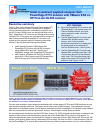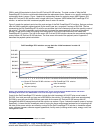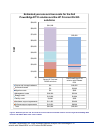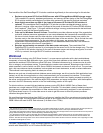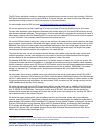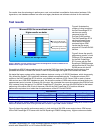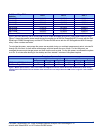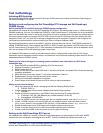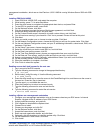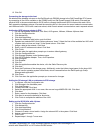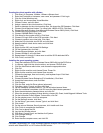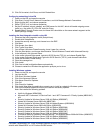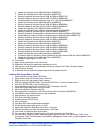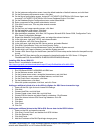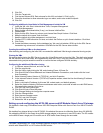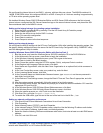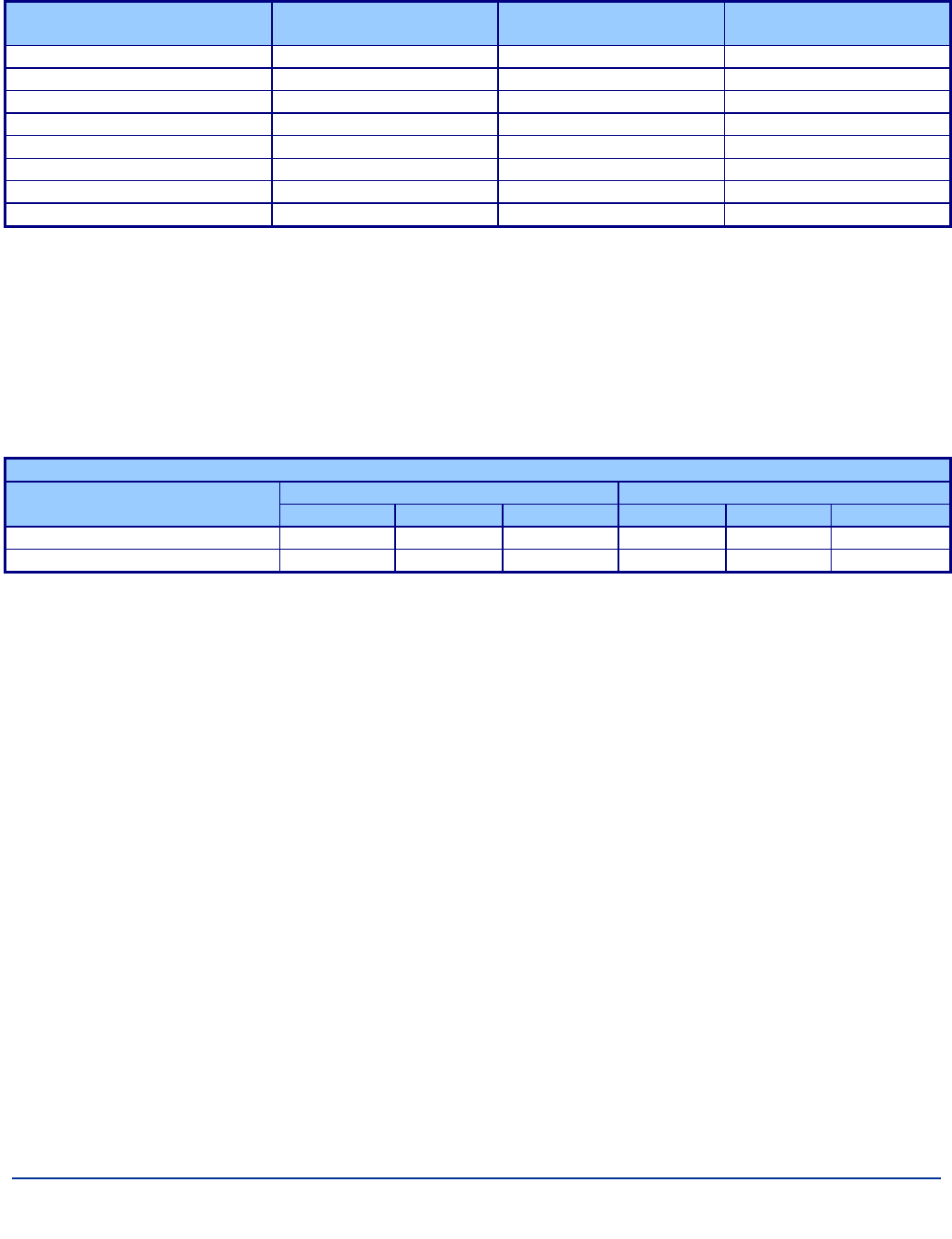
7
Principled Technologies, Inc.: Initial investment payback analysis: Dell PowerEdge R710
solution with VMware ESX vs. HP ProLiant DL385 solution
Dell PowerEdge R710
solution
Run 1 Run 2 Run 3
VM 1 OPM 16,218.6 16,233.8 15,036.6
VM 2 OPM 17,261.6 17,146.0 16,496.1
VM 3 OPM 17,012.3 16,887.3 16,289.6
VM 4 OPM 17,335.5 17,040.7 16,471.6
VM 5 OPM 17,537.8 16,795.8 15,901.0
VM 6 OPM 17,093.4 17,324.7 16,325.2
VM 7 OPM 16,029.3 15,360.9 15,697.6
Minimum OPM 16,029.3 15,360.9 15,036.6
Figure 6: Individual VM scores and the minimum VM score for the Dell PowerEdge R710 solution. Higher OPM numbers are better.
Figure 7 shows the specific power results during the median run of the Dell PowerEdge R710 server with the Dell
EqualLogic PS6000 storage array and the HP ProLiant DL385 server with the HP StorageWorks MSA30 storage
array. Lower numbers are better.
To calculate the power, we average the power we recorded during our workload measurement period, minutes 24
through 29 of the test, for both server and storage, with total power the sum of both. For the idle power, we
averaged the server and storage power and then took the sum as total. For the idle power, we allowed the system
to sit for 10 minutes after booting to the desktop and then started 2 minutes of idle power capture.
Power (median results)
Workload Idle
Server Storage Total Server Storage Total
HP ProLiant DL385 solution 314 257 571 287 254 541
Dell PowerEdge R710 solution 374 496 869 223 475 698
Figure 7: Median power results, in watts, for the Dell PowerEdge R710 solution and the HP ProLiant DL385 solution while running
the DVD Store workload and while idle. Results shown are from the runs that produced the OPM scores in Figure 5. Lower numbers
are better.



